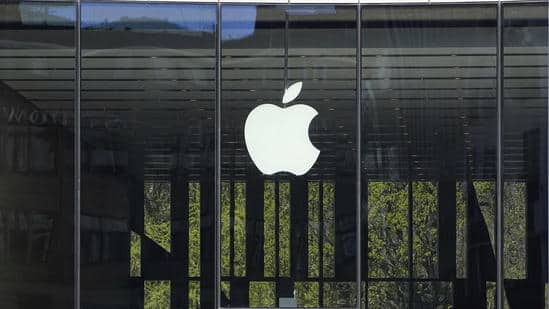Apple is rolling out new requirements for developers to comply with Texas’ upcoming age verification law, set to take effect on January 1, 2026. The law, known as Senate Bill 2420, will require all apps distributed in Texas to verify users’ ages before allowing access.
The legislation mandates that anyone under 18 must use their Apple account under parental or guardian supervision. Parents will also have to give consent for app downloads, in-app purchases, and other transactions.

Apple has warned developers that they must modify their apps to meet the new legal requirements. This move not only applies to Texas but could soon extend to states like Utah and Louisiana, which are expected to adopt similar age-based restrictions.
How Apple’s New System Works
To comply with the law, Apple will require new users in Texas to confirm their age when creating an Apple ID. Users under 18 will automatically be added to a Family Sharing group, where parental controls can be managed directly.
To support developers, Apple is introducing a Declared Age Range API—a privacy-focused tool designed to determine user eligibility without exposing personal data. This API will categorize users based on age and align with the Texas law’s requirements.
Additionally, Apple will release new APIs in late 2025 that allow apps to re-request parental consent when significant updates occur. Parents will also be able to revoke consent at any time, ensuring they maintain full control over their child’s app usage.
Privacy Concerns Remain
While Apple acknowledges the importance of online child safety, the company has voiced concerns over the law’s privacy implications. Collecting sensitive information for every download, Apple warns, could put users’ personal data at risk.
Apple CEO Tim Cook reportedly lobbied against the bill earlier in 2025, arguing that it could create unnecessary barriers for users while weakening data protection standards. Despite these objections, Texas passed the law in May.
The Bigger Picture
The Texas law marks another step in the growing wave of U.S. state-level digital safety regulations. By taking early action, Apple is positioning itself to help developers stay compliant while maintaining its long-standing emphasis on privacy and user trust.











